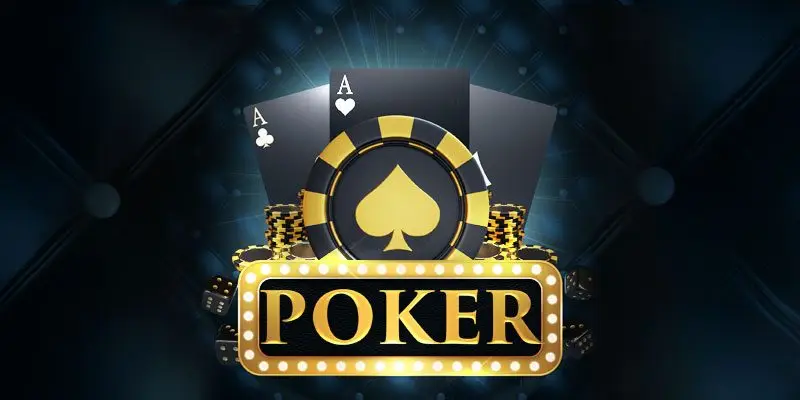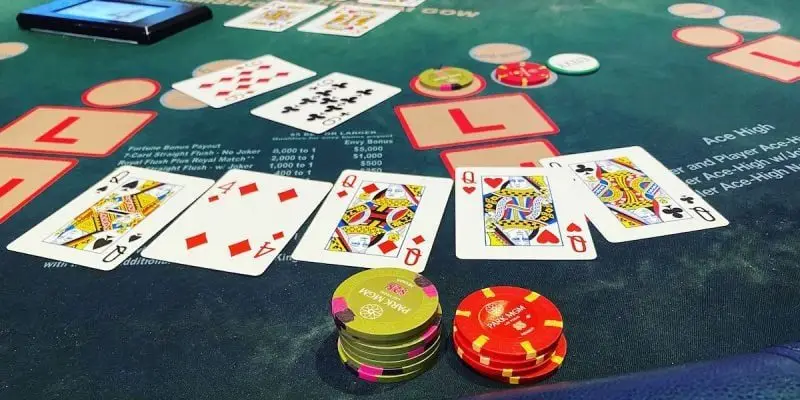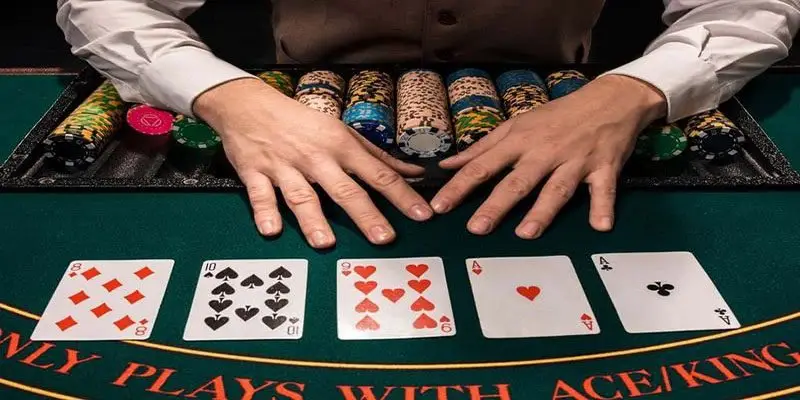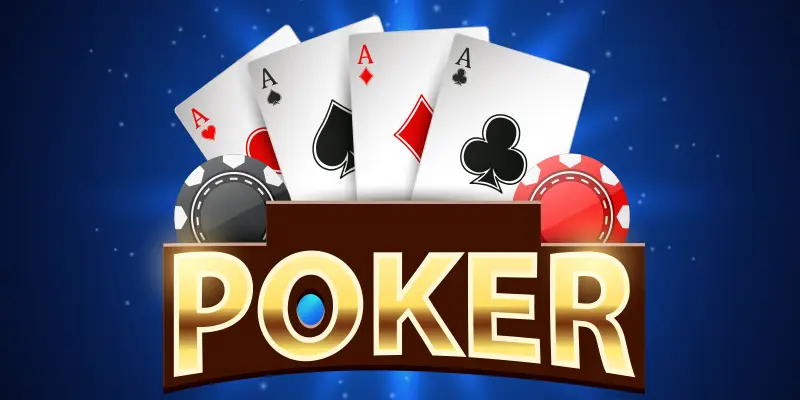Poker is a captivating card game that blends luck, psychology, and strategy. Understanding how to play Poker properly helps players not only enjoy the game but also boost their winning chances. In this detailed guide, PH222 reveals the most effective tactics to help you master Poker like a professional.
Understanding the basic rules in how to play Poker
Before mastering complex strategies, every beginner should understand how a Poker game flows. Knowing the fundamentals is the first step to improving your skills and making better decisions during play.

The structure of a Poker game
A standard Poker table uses a 52-card deck. Each player receives two private cards called hole cards, followed by several community cards dealt face-up in the middle. The goal of how to play Poker is to make the strongest five-card hand using any combination of your private and community cards.
Throughout each round, players can:
-
Check – stay in the game without betting more.
-
Call – match another player’s bet.
-
Raise – increase the current bet.
-
Fold – quit the hand and wait for the next round.
Understanding when to make these moves is the foundation of mastering how to play Poker at PH222.
The ranking of Poker hands
To succeed in how to play Poker, you must know how card rankings work. Here’s a quick guide to help you recognize winning hands:
| Hand | Description |
|---|---|
| Royal Flush | 10, J, Q, K, A of the same suit |
| Straight Flush | Five consecutive cards of the same suit |
| Four of a Kind | Four cards with identical ranks |
| Full House | A set of three cards and a pair |
| Flush | Five cards of the same suit, not in sequence |
| Straight | Five cards in sequence, different suits |
| Three of a Kind | Three cards of the same rank |
| Two Pair | Two different pairs |
| One Pair | A single pair of cards |
| High Card | The highest card when no combination is made |
By memorizing these combinations, you’ll easily evaluate your hands and opponents’ possible holdings while learning how to play Poker at PH222.
Smart strategies in how to play Poker effectively
After understanding the rules, it’s time to develop smart playing habits. This section explores practical strategies used by top Poker players to dominate the table and minimize losses.

Play selectively with your starting hands
One of the key lessons in how to play Poker is knowing which hands to play and which to fold. Avoid the temptation to play every hand. Stick to strong starting hands such as pairs, suited connectors, or high cards (A-K, Q-Q, J-J).
Playing tight early on helps conserve your bankroll and reduces risks, giving you a better chance of winning big when the right hand appears.
Recognize when to fold
Folding is a vital skill in how to play Poker. Knowing when to step back protects your chips from unnecessary losses. Don’t chase weak hands just because you’ve already invested money in the pot.
At PH222, many professional players agree that “folding smart is better than losing hard.” Learn to read situations and accept short-term losses for long-term wins.
Bluff strategically
Bluffing is a signature element in how to play Poker. A well-timed bluff can make your opponents fold superior hands. But bluff too often, and they’ll catch on quickly.
To bluff successfully:
-
Choose the right opponents—avoid calling stations.
-
Stay consistent with your betting behavior.
-
Keep a calm demeanor, even with weak hands.
Bluffing is not just about trickery; it’s about reading people and controlling the game’s rhythm.
Observe and read your opponents
Reading your opponents is what separates amateurs from pros. In how to play Poker, observation is everything. Watch how others bet, the speed of their decisions, and how their betting patterns change across rounds.
Even in online Poker rooms at PH222, where physical tells are limited, betting patterns and timing still reveal valuable clues.
Emotional control and calculation in how to play Poker
While strategies are essential, mental discipline and math-based thinking determine your long-term success. This section helps you understand how to keep calm and make analytical decisions.
Manage your emotions at the table
A critical aspect of how to play Poker is keeping emotions under control. Losing a hand can be frustrating, but emotional decisions often lead to more losses.
The best players at PH222 recommend taking breaks and never playing when angry or tired. Stay composed, observe, and base your choices on logic rather than feelings.
Learn to calculate pot odds
Pot odds are a mathematical tool that helps decide whether a call is profitable. In how to play Poker, this calculation is key.
For example, if the pot has $100 and you need to bet $20 to stay in, your pot odds are 1:5. This means you should continue only if your chance of winning is higher than 20%.
Understanding this concept allows you to make objective, profitable decisions rather than relying solely on instinct.
Bankroll management is everything
To sustain long-term play, players must learn how to manage their money wisely. Effective bankroll management is a cornerstone of how to play Poker successfully.
Set a clear budget before each session and avoid chasing losses. Smart players at PH222 recommend betting only a small portion of your total bankroll per game to maintain stability and confidence.
Advanced tactics in how to play Poker for consistent wins
Once you’ve mastered the basics and emotional balance, it’s time to enhance your strategy. These advanced tactics from PH222 will help you outsmart competitors and maintain steady success.

Adapt your playstyle to the table
Flexibility is key in how to play Poker. Adapt your strategy based on your opponents’ behavior. If players are too cautious, switch to an aggressive style to pressure them. If they’re too aggressive, tighten up and trap them with strong hands.
Adaptation ensures your strategy remains unpredictable and effective.
Use position advantage wisely
Your position at the table determines how much information you have before making decisions. In how to play Poker, later positions are more powerful because you can see how others act first.
Use this advantage to control pot size and pressure weaker players. Acting last gives you a better read on the game flow.
Consistent practice builds mastery
No guide can replace experience. Continuous practice, especially on trusted platforms like PH222, helps sharpen your instincts and improve decision-making.
Keep track of your performance, review past mistakes, and refine your strategy each session. With persistence, you’ll naturally develop a winning mindset.
Conclusion
Understanding how to play Poker means more than learning the rules—it’s about mastering strategy, psychology, and patience. Combine all these elements, and you’ll become a well-rounded Poker player capable of handling any table. At PH222, players have the chance to test their skills in a professional, fair, and exciting environment. So, take these tips, apply them in your next game, and experience the thrill of mastering how to play Poker like a true champion.

